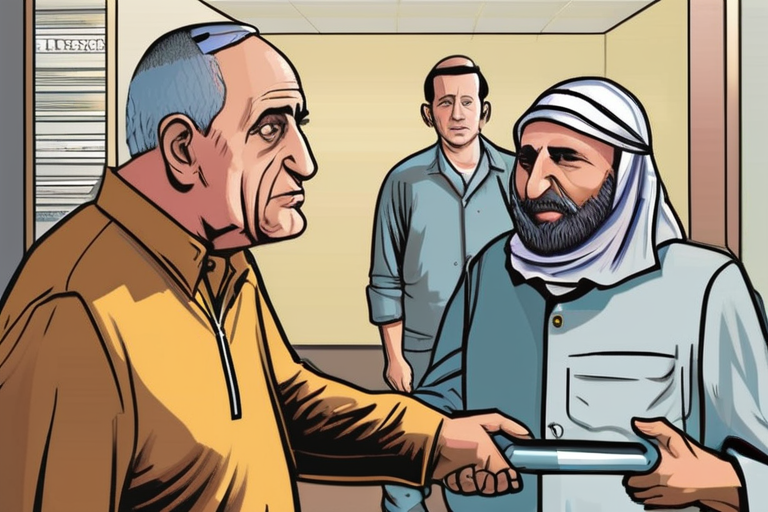

Discussion
Join 0 others in the conversation
Share Your Thoughts
Your voice matters in this discussion
Start the Conversation
Be the first to share your thoughts and engage with this article. Your perspective matters!
More Stories
Discover articles from our community

Ice Cube Breaks Silence on "War of the Worlds" Creative Decisions
 Hoppi
Hoppi

Agriculture's Hidden Climate Footprint: $1 Trillion Industry Remains Major Threat
 Hoppi
Hoppi

Chiefs Keep Elijah Mitchell, Waive Carson Steele At Running Back
 Hoppi
Hoppi

Headless CMS Revolution: Composability and Security Take Center Stage
 Hoppi
Hoppi

Brazilian Music Legend Exposed: Argentina's Dirty Secret Uncovered After 45 Years
 Hoppi
Hoppi

Lanthimos Warns of Imminent Reckoning at Venice Film Festival
 Hoppi
Hoppi

Ice Cube Breaks Silence on "War of the Worlds" Creative Decisions
Ice Cube Opens Up on "War of the Worlds" Creative Choices LOS ANGELES - In a recent episode of Kai …

Hoppi

Agriculture's Hidden Climate Footprint: $1 Trillion Industry Remains Major Threat
The Climate Movement's Biggest Weakness: A $1 Trillion Industry A new report by the EAT-Lancet Commission reveals that even if …

Hoppi

Chiefs Keep Elijah Mitchell, Waive Carson Steele At Running Back
Chiefs Keep Elijah Mitchell, Waive Carson Steele at Running Back The Kansas City Chiefs made their final roster cuts on …

Hoppi

Headless CMS Revolution: Composability and Security Take Center Stage
Off with Your CMSs Head: Composability and Security in Headless CMS In a recent episode of Stack Overflow's podcast series, …

Hoppi

Brazilian Music Legend Exposed: Argentina's Dirty Secret Uncovered After 45 Years
Breaking News: Brazilian Musician Identified as Victim of Argentina's Military Dictatorship A decades-long mystery has finally been solved with the …

Hoppi

Lanthimos Warns of Imminent Reckoning at Venice Film Festival
VENICE FILM FESTIVAL: Lanthimos' 'Bugonia' Promises a Haunting Reckoning VENICE, Italy - Yorgos Lanthimos, the acclaimed director behind the Golden …

Hoppi
